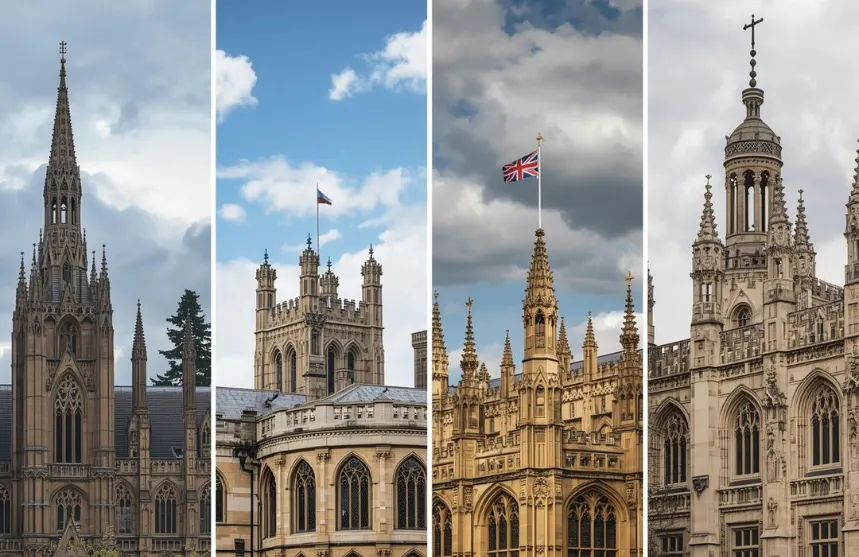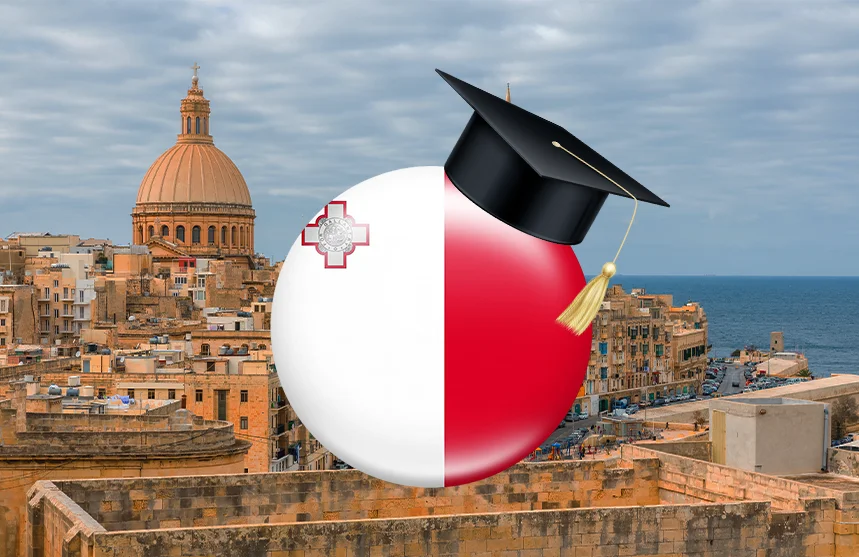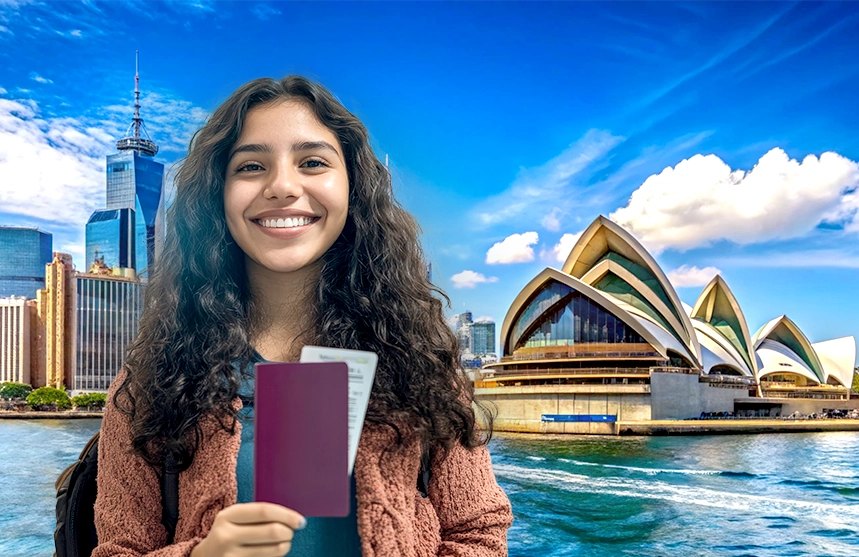How to Get Admission into World Class Universities
How Much Does It Cost to Study MBBS Abroad? A Complete Guide for 2026

MBBS in foreign countries is now one of the brightest opportunities for Indian students who want to become doctors, recognised all over the world. As the number of seats is limited and competition in Indian medical colleges is increasing, thousands of applicants seek foreign medical education every year to access inexpensive, high-quality medical education.
However, there is one question that always remains paramount: How much does it cost to Study MBBS Abroad?
There is no universal solution. The cost of MBBS in foreign countries depends on the country, university, and lifestyle. But generally, in comparison with private medical colleges in India (where MBBS may range between ₹7,00,000 to ₹1 crore), studying overseas is usually half the price, while offering high-quality education.
This guide simplifies it all, including tuition, living expenses, scholarships, and comparisons between countries, helping you choose the right destination to pursue your medical career.
Why Study MBBS Abroad?
As competition for MBBS seats in India continues to intensify, many students are now turning to international universities to pursue their dreams. Each year, more than 20,000 Indian students prefer Studying MBBS Abroad, and with good reason. Below, we discuss the key reasons why pursuing MBBS overseas is one of the best career choices for aspiring doctors today.
1. Low Tuition Fees Compared to India
Cost-effectiveness is one of the most influential factors that make students prefer studying MBBS abroad. Russia, Georgia, Uzbekistan, and Kyrgyzstan, among others, are particularly known for reduced tuition fees and minimal donations. Most universities also provide installment options or scholarships to reduce the financial burden on students and parents.
2. Internationally Recognised Medical Degrees
One of the greatest concerns for parents and students is: Will my MBBS degree be accepted in India or other countries?
Yes, provided you study at universities recognised by global organisations such as WHO, ECFMG, FAIMER, and UNESCO, and approved by the National Medical Commission (NMC).
3. No Hidden Charges or Capitation Fee
Most medical universities abroad do not require any capitation or donation fee, unlike private medical colleges in India.
You only pay tuition, accommodation, and living costs, making the process transparent and merit-based.
This not only reduces financial stress but also allows deserving students to gain admission on the basis of academic merit and NEET qualification.
4. Advanced Infrastructure and Modern Curriculum
Medical universities abroad follow internationally recognised curricula, combining theoretical knowledge with practical, research-based learning.
You will have access to modern laboratories, simulation centres, digital classrooms, and multi-specialty teaching hospitals, equipping you with skills required for real-world medical practice.
5. English-Taught Programmes
A significant advantage of pursuing MBBS abroad is that the majority of universities offer English as the medium of instruction, removing language barriers.
Students can learn, interact, and practice medicine in English whether they study in Russia, Georgia, or the Caribbean Islands.
Conditions that Influence the Cost of Studying MBBS Abroad
The cost of MBBS abroad is affected by various factors. Understanding these will help you estimate your total budget accurately.
| Reason | Advantage |
|---|---|
| Affordable Education | Save up to 50% compared to Indian private colleges |
| Global Recognition | NMC, WHO, and ECFMG approved universities |
| English-Medium | No language barrier |
| No Capitation Fees | 100% transparent admission |
| International Exposure | Global medical practices and clinical training |
| Easy Admissions | Based on NEET score + 12th marks |
| Career Flexibility | Eligible to practice in India and abroad |
Study MBBS in a Foreign Country: Cost Breakdown Country-Wise
There are various opportunities to study MBBS abroad, depending on the country you select, such as globally recognised degrees and low tuition fees. The following section provides a breakdown of the tuition fees, living costs, and value propositions of popular MBBS Destinations in 2026.
Study MBBS in the United Kingdom
The UK is one of the most esteemed destinations for medical education. UK-based universities are widely regarded as some of the leading medical schools in the world.
Nevertheless, the cost of pursuing an MBBS in the UK is among the highest globally, with tuition fees ranging between £30,000 and £50,000 per year (INR 31–52 lakh).
The cost of living varies according to the city, with London being the most expensive. Students can expect to spend between £12,000 and £18,000 per year (INR 12–18 lakh) on accommodation, food, and transportation.
Although it is expensive, students benefit from access to a superior healthcare system, clinical experience with the NHS (National Health Service), and internationally recognised qualifications. Medical graduates from the UK often find it easier to secure employment or residency in countries such as the US, Canada, or Australia.
Study MBBS in Russia
Russia is among the most affordable destinations for international students pursuing an MBBS abroad. The country is home to several top government universities renowned for training skilled medical professionals.
In Russia, tuition fees range between USD 3,000 and USD 8,000 annually (approximately INR 2.5–7 lakh), making it cost-effective without compromising on educational quality.
The standard of living is also affordable, with monthly expenses ranging between USD 150 and 250 (INR 12,000–20,000), including accommodation and food. Russian medical universities are recognised by the NMC (National Medical Commission) and WHO, ensuring global career opportunities. Moreover, most universities offer English-medium MBBS programmes, eliminating language barriers for international students.
Study MBBS in Albania
Albania offers an affordable cost of education along with a rapidly developing medical infrastructure that delivers European-level quality in medical education.
The average tuition cost is between EUR 4,000 and 7,000 per annum (INR 3.5–6.5 lakh), which is significantly lower than in other European countries.
Living expenses are also minimal, averaging EUR 300–500 (INR 25,000–45,000) per month. The curriculum is EU-compliant, providing a smooth pathway to medical licensing in other European nations. In addition, Albania offers a safe environment, modern campuses, and English-taught courses, making it an affordable and high-quality option for Indian students seeking a European MBBS degree.
Study MBBS in Kyrgyzstan
Kyrgyzstan has quickly gained popularity among Indian students due to its low tuition fees, simple admission process, and quality medical education. Tuition fees range between USD 3,000 and 5,000 per year (INR 2.5–4 lakh), while the cost of living is also very economical at USD 100–200 per month (INR 8,000–16,000).
The 5–6 year MBBS programme follows a globally relevant curriculum recognised by NMC, WHO, and FAIMER. Students also benefit from availability of Indian food, comfortable hostel facilities, and a multicultural learning environment.
Study MBBS in Georgia
Georgia has emerged as one of the most sought-after destinations for Indian students aspiring to pursue MBBS, owing to its high academic standards and transparent admission process.
Tuition fees in Georgia range between USD 4,000 and 7,000 annually (INR 3.3–5.8 lakh). Depending on the lifestyle and city, living expenses typically fall between USD 250 and 400 per month (INR 20,000–33,000).
Georgia offers English-taught MBBS programmes, modern laboratories, and international exposure, all at a fraction of the cost compared to Western countries.
Study MBBS in Uzbekistan
Uzbekistan is gradually becoming one of the most affordable places to Study MBBS Abroad. Medical schools like Tashkent Medical Academy and Samarkand State Medical University have infrastructure of the highest standard and offer English-medium courses.
Tuition fees are typically USD 3,000 to 4,500 per year (INR 2.5–3.8 lakh), making it one of the cheapest destinations in Central Asia. Food and accommodation cost approximately USD 150 to 250 per month (INR 12,000–20,000).
Study MBBS in the Caribbean Islands
The Caribbean Islands are home to some of the finest International Medical Schools, offering a US-style medical education. Prominent institutions include St. George’s University (Grenada), American University of Antigua, and Ross University School of Medicine.
Tuition fees in the Caribbean Islands range from USD 15,000 to 25,000 per year (INR 12–20 lakh). The cost of living varies depending on the island but is generally USD 1,000–1,500 per month (INR 80,000–1.2 lakh).
Although the expenses are higher than in Asian or Eastern European countries, the Caribbean route is popular among students aiming to prepare for the USMLE and pursue a medical career in the USA.
Conclusion
Studying MBBS abroad is not only an educational decision but also an investment in a career that shapes your future by offering global exposure and the best opportunities in medical education and personal growth. From the prestigious universities of Oxford and Cambridge to the low-cost medical courses in Georgia, Russia, and Uzbekistan, each destination presents unique opportunities and challenges.
However, navigating this process independently can be daunting, from selecting the right university to handling visas and paperwork. That is where MetaApply IE comes in, making the entire journey simpler and more efficient.
Frequently Asked Questions
Kyrgyzstan, Uzbekistan, and Russia offer the most affordable tuition and living costs.
Generally between ₹20 lakh to ₹60 lakh, depending on the country and university.
It offers global exposure, easier admission, and internationally recognised degrees.
Most countries require NEET for Indian students, especially to practice in India later.
Yes, it guides students through applications, visas, and university selection.


















































